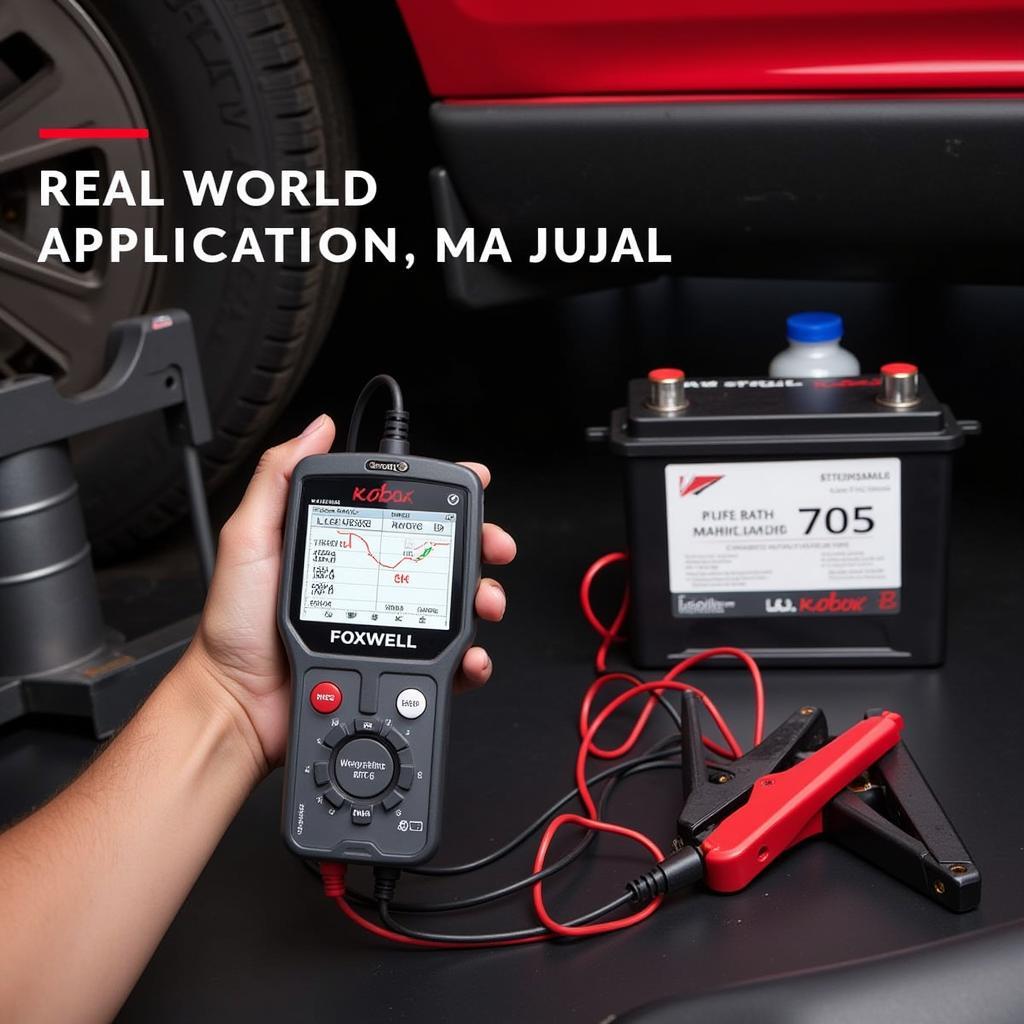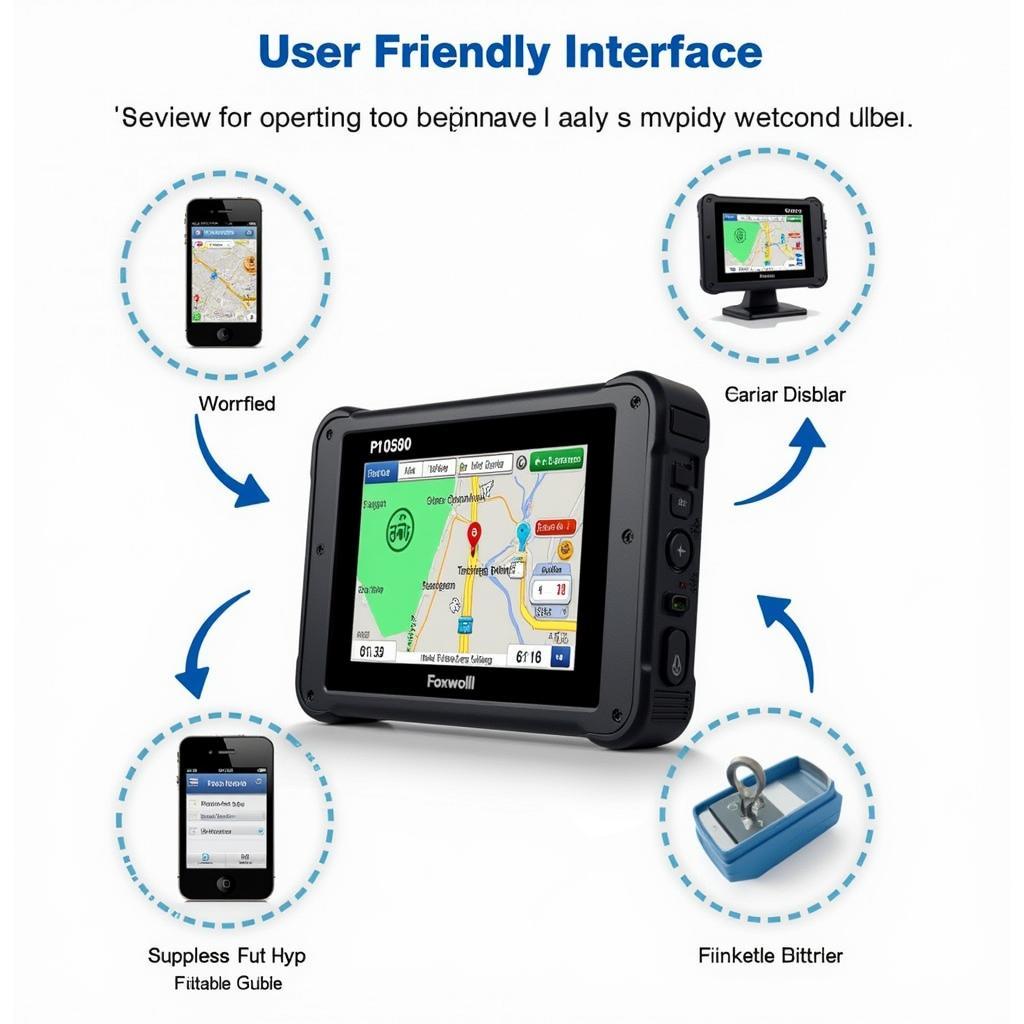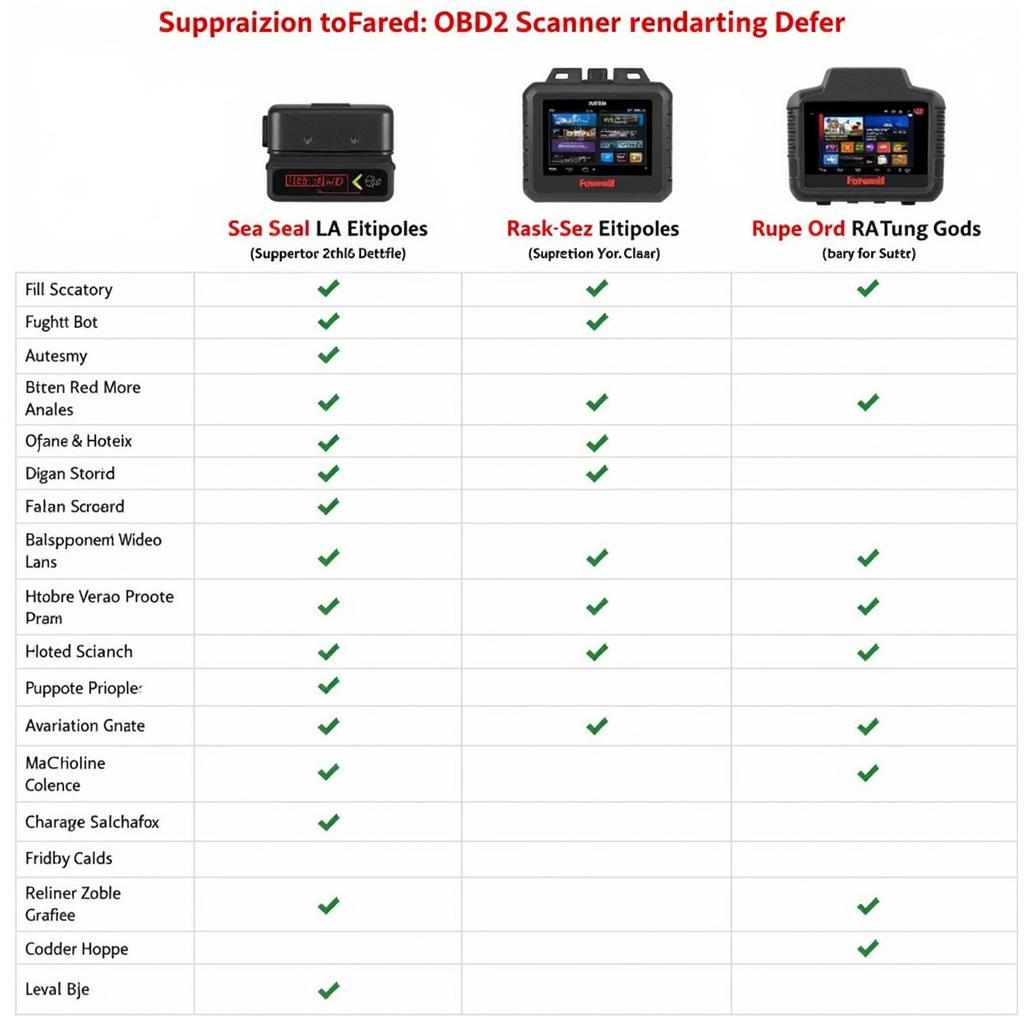Len Foxwell’s resignation has sent ripples through the automotive diagnostics community. This article explores the implications of this significant event for car owners, repair shops, and automotive technicians, focusing on the future of diagnostic software and hardware in the wake of his departure.
Understanding the Impact of Len Foxwell Resigns
Len Foxwell has been a leading figure in the automotive diagnostics world for years. His expertise and contributions have significantly impacted how technicians diagnose and repair modern vehicles. The news of “Len Foxwell Resigns” inevitably raises questions about the future direction of the field. Will diagnostic tools evolve differently? Will training programs need to adapt? What does this mean for the average car owner facing increasingly complex vehicle systems?
The Future of Automotive Diagnostics After Len Foxwell Resigns
The automotive industry is undergoing rapid transformation, driven by advancements in electric vehicles, autonomous driving, and connected car technologies. Diagnostic tools and software must keep pace with these changes. While Len Foxwell’s departure marks a shift, it also presents opportunities for new innovators and approaches to emerge. The focus will likely remain on developing more user-friendly, powerful, and affordable diagnostic solutions.
How “Len Foxwell Resigns” Impacts Tool Development
With increasing vehicle complexity, the demand for sophisticated diagnostic tools is growing. We can expect to see continued development in areas like:
- Wireless diagnostics: Accessing vehicle data remotely and performing over-the-air updates.
- Predictive diagnostics: Analyzing vehicle data to anticipate potential problems before they occur.
- Artificial Intelligence (AI) integration: Using AI to assist in diagnosis and suggest repair solutions.
These advancements will empower technicians to diagnose and repair vehicles more efficiently and effectively, potentially reducing repair costs and downtime for car owners.
What Car Owners Should Know
Even if you’re not a professional mechanic, understanding the evolving landscape of automotive diagnostics is crucial. As vehicles become more complex, so too do the tools and expertise required to repair them. Staying informed about these changes can help you make informed decisions about maintaining and repairing your car.
Choosing the Right Diagnostic Tools in the Post-Len Foxwell Era
With numerous diagnostic tools available on the market, choosing the right one can be overwhelming. Here are a few things to consider:
- Compatibility: Ensure the tool is compatible with your vehicle’s make, model, and year.
- Functionality: Determine the features you need, such as code reading, live data streaming, and component actuation.
- User-friendliness: Opt for a tool with an intuitive interface and easy-to-understand reports.
“Choosing the right diagnostic tool is like choosing the right wrench. You need the one that fits the job,” says John Miller, a seasoned automotive technician with over 20 years of experience.
Navigating the Future of Automotive Repair
The resignation of a prominent figure like Len Foxwell signifies a period of transition and opportunity in the automotive diagnostics field. For repair shops and technicians, staying ahead of the curve is critical. This includes investing in training and acquiring the latest diagnostic equipment to effectively service modern vehicles.
Staying Updated on Diagnostic Technology
Staying abreast of the latest diagnostic trends requires continuous learning. This can be achieved by:
- Attending industry conferences and workshops
- Participating in online training programs
- Subscribing to automotive technical publications
“The automotive industry is constantly evolving. Continuous learning is no longer an option; it’s a necessity,” states Maria Sanchez, an automotive electronics specialist and instructor.
Conclusion
Len Foxwell’s resignation marks a significant moment in the automotive diagnostics field. While his contributions will be missed, the industry continues to advance, driven by innovation and the increasing complexity of modern vehicles. By staying informed about the latest trends and investing in the right tools and training, car owners, repair shops, and technicians can successfully navigate this evolving landscape. For expert advice and assistance with your diagnostic needs, connect with us at ScanToolUS. Call us at +1 (641) 206-8880 or visit our office at 1615 S Laramie Ave, Cicero, IL 60804, USA.
FAQ
-
Will Len Foxwell’s resignation affect the availability of current diagnostic tools? It’s unlikely to directly impact the availability of existing tools, but it might influence future development directions.
-
What are some reputable brands of automotive diagnostic tools? Several reputable brands offer high-quality diagnostic tools, including Foxwell, Autel, Launch, and Innova.
-
How often should I have my car’s diagnostics checked? It’s generally recommended to have your car’s diagnostics checked at least once a year or whenever you experience unusual performance issues.
-
Can I perform diagnostics on my car myself? Yes, with the right tools and some basic knowledge, you can perform basic diagnostics. However, for complex issues, it’s best to consult a qualified technician.
-
What are some common problems diagnosed with automotive diagnostic tools? These tools can diagnose a wide range of issues, from engine misfires and transmission problems to electrical faults and sensor malfunctions.
-
How much does an automotive diagnostic tool cost? Prices can vary widely depending on the tool’s features and capabilities, ranging from under $100 for basic code readers to several thousand dollars for professional-grade scanners.
-
Where can I get training on using automotive diagnostic tools? Training is available through various sources, including online courses, community colleges, and vocational schools.



